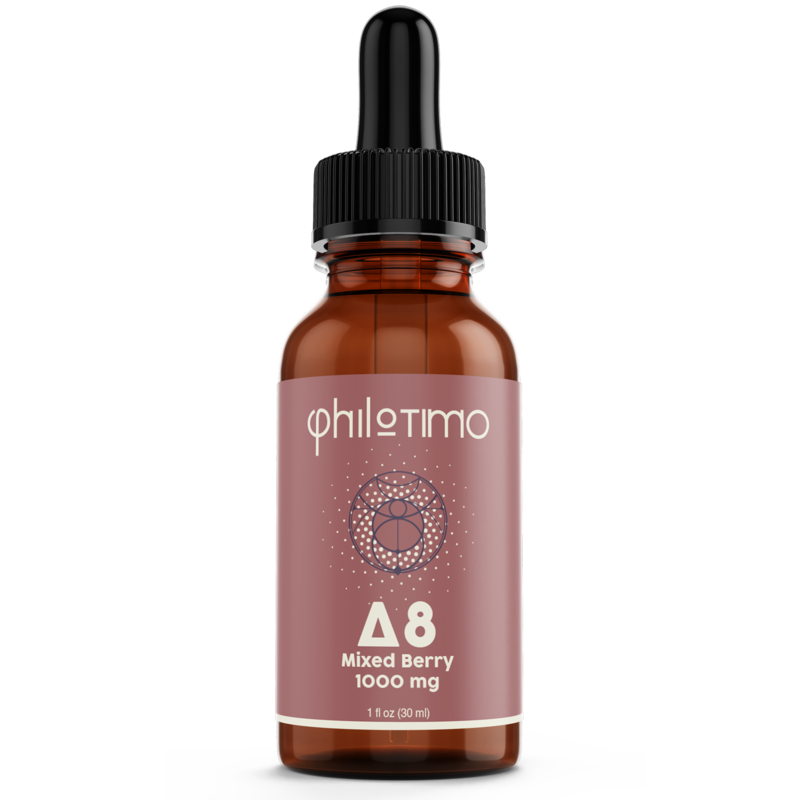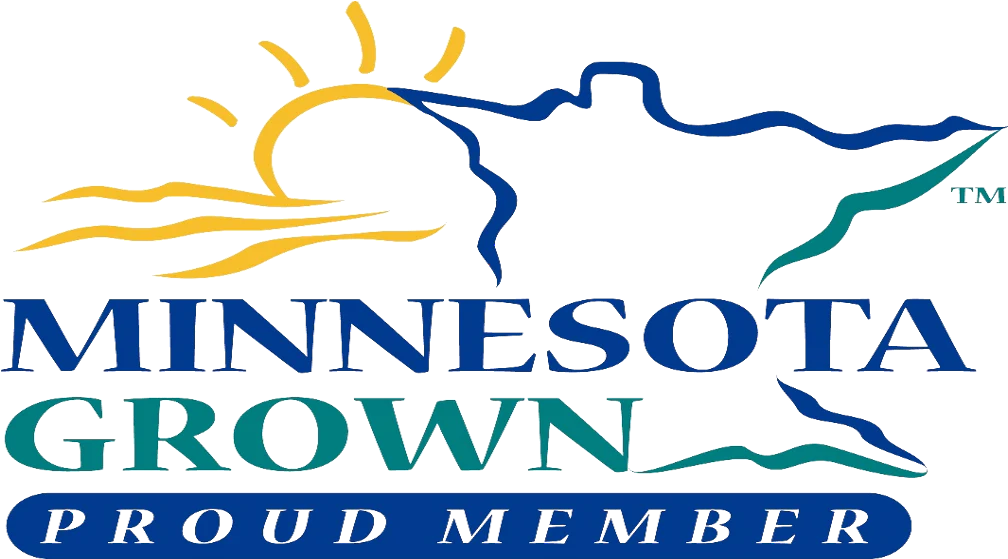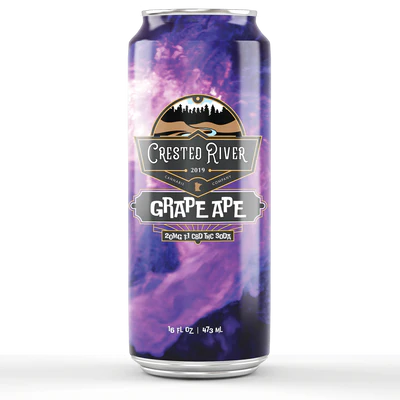
HF100 Legislation in Minnesota to Criminalize D8, HHC, THCP, and More
Starting last Wednesday, the Department of Health has taken over the oversight of cannabinoid consumer products from the Board of Pharmacy. The transition came after months of debate, consultation, and planning. It’s expected to pave the way for a stricter regulatory framework for the cannabinoid industry.
One of the critical aspects of this change is the transfer of open enforcement investigations to the Department of Health.
However, it will primarily depend on the resources the Health Department puts into enforcement over the next few months. The efficacy of enforcement will determine public safety in the cannabinoid industry and protect consumers from substandard, mislabeled, or harmful products.
Limitations on THC-containing Beverages
Currently, all THC-containing beverages are limited to a maximum of 10mg of THC per container. It implies that each beverage can have two servings containing 5mg of THC. It ensures users have a measured and controlled dose to avoid negative effects like overconsumption.
However, it's worth noting that this regulation is set to change as the recreational use of cannabis becomes more widely accepted. Adult-use beverages will be capped at a slightly higher dose of 20mg THC per container with two servings of 10mg.
It's also advisable to always read the labels and ingredients of any cannabis beverages you plan to consume to ensure they align with your individual needs and preferences.
Criminalizing D8, HHC, THCP, and More
Last year, the ban on substances such as D8, D10, HHC, THCO, THCP, and others proved to be a detrimental step forward for manufacturers and suppliers, but HF100 took the game-changing approach. This legislation has criminal provisions in place for the sale of these items, and it also allows for a suspension or revocation of your tobacco or liquor license.
If you engage in such activities, you may be disqualified from participating in the adult-use market. With these measures, HF100 is determined to keep the public safe from these harmful substances and their sales.
Restrictions on THC Vapes and Liquor
For all Minnesota hemp market participants, using vapes or dabs, including those containing CBD, is strictly prohibited. This policy aims to eliminate any vape-related loopholes, such as the use of isomers and synthetic cannabinoids.
However, in the adult-use market, vape products will be permitted. There is a possibility that vape products may also become available in the hemp market once the office has established product approval protocols. The measures are put in place to ensure compliance with these regulations and maintain the safety and integrity of the industry.
- THC Pairings now Allowed for Liquor License Holders: Minnesota's latest legislation allows liquor license holders to serve THC-infused drinks and edibles on-site. However, they cannot mix THC with alcohol.
- THC Treats Now Stocked at All Liquor Stores: Liquor stores can now carry THC-infused snacks and beverages. From gummies to brownies, a trip to the local liquor store now promises to be an elevated experience.
- Cannabis Rescheduled to Schedule 3 in Minnesota: Minnesota is shaking up its drug scheduling. The new law moves THC to Schedule 3, putting it in the same category as common prescription drugs for the first time in the state.
Tax Implications on Hemp-Based Products
Effective July 1st, a 10% tax rate will apply to all hemp-based products. However, medical products will be exempt from this tax to maintain affordability for those using them to manage their health conditions.
The Office of Cannabis, which operates under the Department of Health, oversees the state's regulation and licensing of hemp-based products. This office is committed to ensuring all products are safe, accurately labeled, and meet high standards.
The Office of Cannabis encourages all consumers to do their due diligence and research products before purchasing.
Consumers must look for products made from high-quality, organic hemp independently tested for purity and potency. In addition, the office is committed to providing resources and education about the benefits of hemp-based products.
Laws on Home Cultivation and Possession
As of August 1st, Minnesota has updated its marijuana regulations. These changes bring home growers more freedom and impose stricter possession limits. Here are the key points you need to know:
Home Cultivation
Regarding the legalization of home cultivation, adults over 21 can grow up to six plants per person, with no more than four in the flowering state.
If you live with another adult, you can have up to 12 plants. If you live in a municipality that has opted out of home cultivation, you won't be allowed to grow plants.
Home growers should still adhere to the laws around pesticides, fire safety, and proper storage of their products.
Possession Limits
While home cultivation is now legal, Minnesota also tightened its possession limits to counterbalance this change. The new possession limits are stricter and very specific.
In public, you’re not allowed to carry over two ounces of marijuana, and no more than five grams can be in concentrated form. If you're buying from a dispensary, you won't be able to purchase more than two ounces at a time.
Criminal Provisions
Law enforcement officials enforce the criminal provisions of marijuana in Minnesota. These individuals can arrest and charge individuals found violating these laws. During the enforcement, the focus is usually on larger-scale distribution operations. Still, individuals caught possessing or selling marijuana are also subject to prosecution.
Retail Sector Legislation
October marked an important milestone for retail establishments specializing in CBD-related products. From this month onward, these businesses must register with the state to maintain their legality and comply with its regulations.
While the registration process may seem like an added hassle for businesses, it legitimizes the CBD industry and ensures that consumers can access safe and effective products. Legitimate businesses, like Crested River, are committing to following strict guidelines and standards set forth by the Office of Cannabis.
But this is just the beginning. Additional milestones remain as the Office of Cannabis continues its rulemaking process. It may include setting regulations for CBD products, testing requirements, labeling requirements, and more.
As these regulations are established, businesses in the industry will need to remain vigilant and ensure that they are staying up-to-date with any changes.






Leave a comment
This site is protected by hCaptcha and the hCaptcha Privacy Policy and Terms of Service apply.